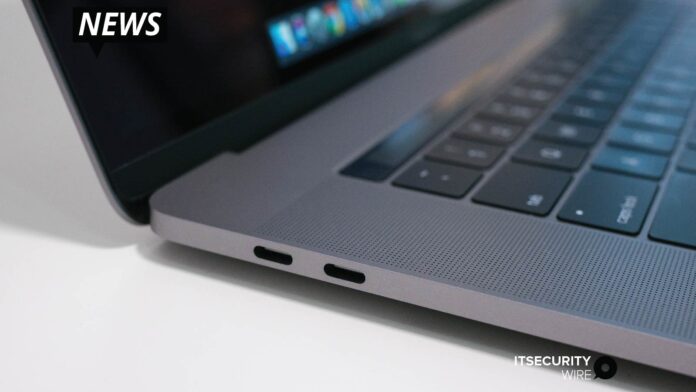QuickLogic Corporation (NASDAQ: QUIK), a developer of ultra-low power multi-core voice-enabled SoCs, embedded FPGA IP, and endpoint AI solutions, today announced the introduction of its new Qomu development kit, a tiny form factor Arm® Cortex®-M4F MCU + eFPGA combination that fits into a USB Type A port. Optimized for the QuickLogic Open Reconfigurable Computing (QORC) initiative, the kit is supported by a wide variety of vendor-supported open source development tools, including Zephyr, FreeRTOS, SymbiFlow and Renode, which broadens access and enables designers to develop applications virtually anywhere.
The Qomu development kit contains QuickLogic’s EOS S3 MCU + eFPGA SoC, which enables an incredible amount of processing capability for such a tiny development kit. The MCU enables seamless software development while the embedded FPGA (eFPGA) can be used to accelerate or offload algorithms from the MCU, or to simply implement custom IP or provide glue logic. While the kit can implement a wide range of functionality for a broad set of market segments, it is especially well-suited to edge IoT applications – especially those requiring ultra-low power consumption and artificial intelligence or machine learning capabilities.
Read More: Strengthening security profiles by improving zero-trust architecture
QuickLogic’s QORC initiative has led to a completely open source, vendor supported development tool environment for the Qomu development kit. Open source development tools include SymbiFlow synthesis, place & route, and bitstream generation. Many example applications and gateware are readily available for free. In addition to standard Verilog support with SymbiFlow, Qomu supports nMigen for a Python-to-FPGA design flow. Additional open source tools include Zephyr, FreeRTOS and Renode.
“The Qomu dev kit is a milestone for the industry in many ways. It packs an incredible amount of functionality in the size of a USB port,” said Mao Wang, senior director of marketing at QuickLogic. “More importantly, this open source dev kit was designed in close collaboration with one of the most respected designers in the open source community, Sean Cross.”









